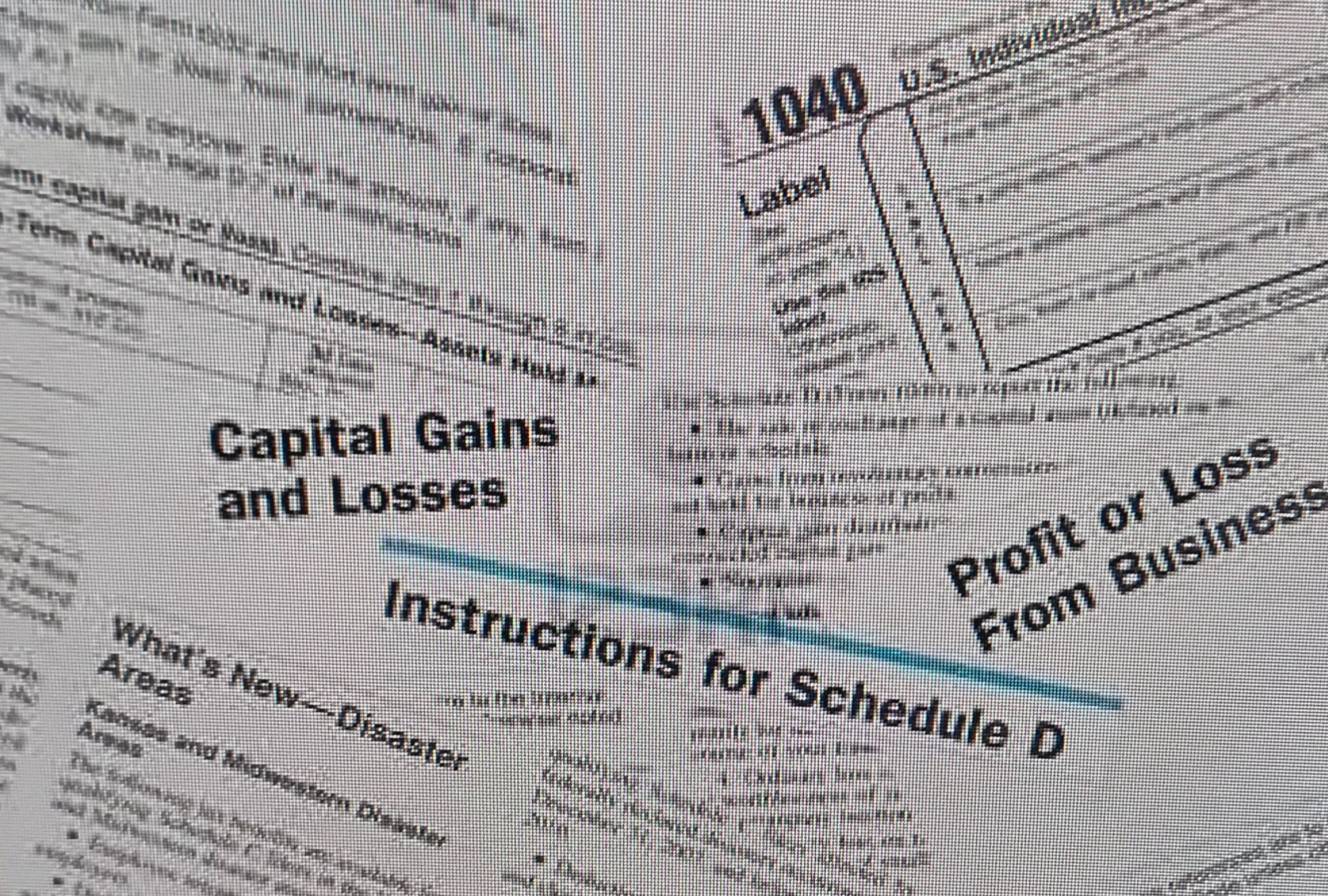Partnership+(business property+emploees)

This is for a partnership that has employees or independent contractors, and property for the busines:
1. Personal information includes your previous tax return(new client only), or your Name, address, Social Security #, date of birth, bank details etc. 2. Your income includes gross receipts from sales of goods or services from all sources during the accounting year, any W-2, any amount yet to be paid to your business by client(s) for the goods or services your business already performed during the accounting year(income receivable), any partial or full refund your business made back to clients for goods or services that did not meet the client's expectations, any business 1099-INT for $10 or more in interest from a bank, brokerage or other financial institution, any 1099-NEC, 1099-MISC, 1099-K, any rental income, any fuel tax credit or refund and any other income etc. 3. Deductible expenses that directly linked with the company products and its sales or services provided during the accounting year. They include but not limited to the dollar amount of all the goods available to the company at the start of the accounting year, dollar amount of purchases of raw materials and other items related to the products during the tax year, cost of direct labor to produce the goods, dollar amount of all the goods left unsold at the end of the tax year, cost of transporting materials and products to the business, Storage costs for inventory and finished goods, packaging charges of the products etc. Having a clear and consistent approach to valuing your inventory and accounting for costs is important here. 4. Expense category extend over a large area, including fixed, variable and periodic expenses. The expenses include but not limited to the following: tax preparer fee, website expense, subscriptions to journals and magazines related to your business, electricity, water, internet, sewage, trash pickup, advertising expense, computer & internet expense, business insurance, business phone related expenses such as fax, landline & mobile, rented office space expenses (note: this is comparable to the market value of rent of office space at the area of your business), transportation and business-related trips expenses such as hotel costs, meals, mileage, parking, tolls, airfare for any flights, taxi fares and tips you paid. Please include any records originated at the same time of the business trips or event. Expenses of purchasing and installing software and paying subscription fees, costs paid to cancel a business-related lease, legal and professional Expenses such as fees paid to lawyers, accountants, and consultants etc, any record of an account book, diary, log, statement of expense, trip sheet, or similar record or other documentary that is sufficient to establish business/investment use. Note: IRS usually requires receipts as proof of expense for any transaction above $75. For business use of home office, provide the total square footage of the property (multiply the length by the width) and Square footage of the office space, cost of separate improvements and first date of business use, for business-use vehicle lease expense...provide the mileage or the expense log, office supplies such as pens, paper, staples, and other consumables, information about net operating loss carryforward, and any other expenses. 5. Partnerships: each partners' name, address, SSN or EIN, ownership percentage, any change of ownership percentages, financial trasaction or contribution, guaranteed payments to partners, any insurance plan, partnership agreement, any state or local returns, previous year form 1065, schedule K-1, and EINS of partners. 6. Labor expenses paid to subcontractors or independent contractors, and depreciation & amortization expenses such as the cost of tangible and intangible assets of the business, beginning date of business use of the assets, Salvage value or an estimated worth of the business asset, and if sold provide the price and date it was sold, what prior depreciation was.

